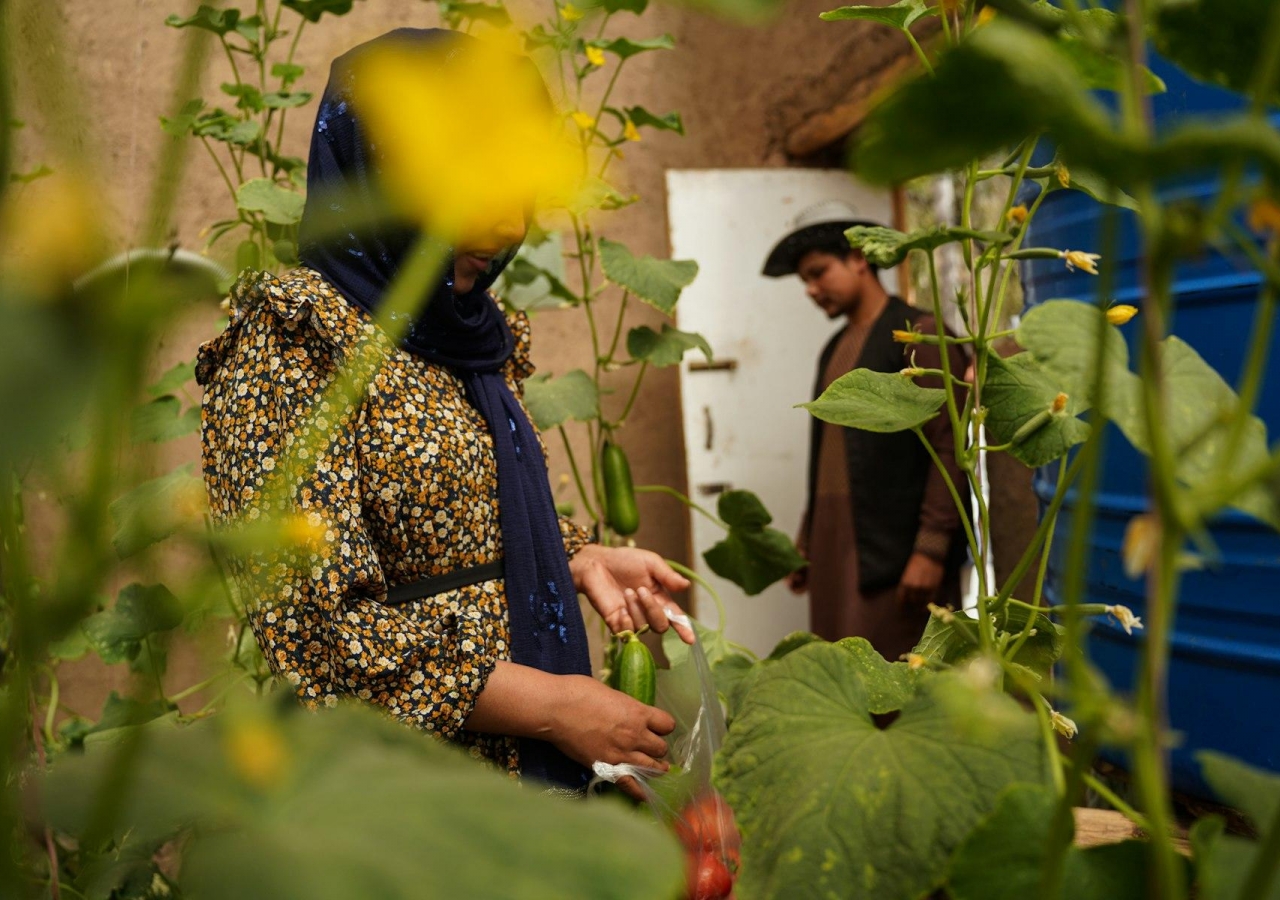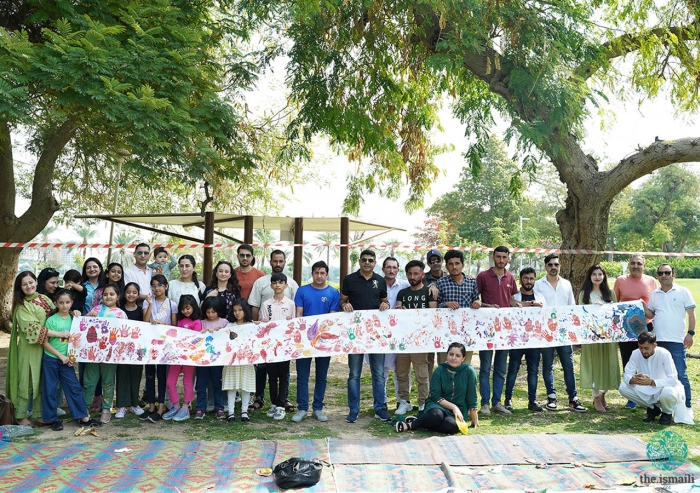This year, nearly 50 years later, we celebrate the theme "Our Land. Our Future. We are #GenerationRestoration." This theme calls for collaborative efforts across Governments, organisations, communities and individuals to restore our lands and ecosystems, protect biodiversity and combat climate change. #GenerationRestoration reminds us that together, we can heal our planet to secure a better future.
What Constitutes the Environment?
The environment encompasses everything around us, from pristine natural forests, rivers and mountains to human-made urban areas, agricultural fields and cultural sites. These elements are inter-dependent such that green spaces contribute to biodiversity and improve air quality, while natural ecosystems provide essential services like pollination and water purification to support life. This delicate ecological harmony fosters an intricate interaction between the smallest of microorganisms to the grandeur of towering forests. It is mankind’s responsibility to maintain this balance for nature to flourish and gain adaptability over time. However, the rise in global temperatures and erratic weather patterns pose a significant threat to ecosystems and their sustainability.
Humans are Impacting the Environment?
There is no denying that negative human activities have caused severe environmental consequences. Atmospheric ozone depletion and acid rain, soil degradation due to deforestation and pollution, these are a few examples of how over-exploitation of natural resources can accelerate environmental degradation, disrupt ecosystems and deplete the very resources we depend upon. Forests are cleared for agriculture and urban development, reducing biodiversity and increasing carbon emissions. Industrial pollution and vehicles contaminate air and water, affecting both wildlife and human health.
By embracing responsibility and employing conservation and sustainable practices, we can help preserve biodiversity and designate safe havens for endangered species. Sustainable agriculture practices and renewable energy sources reduce our ecological footprint and help to mitigate climate change. Innovations in technology, such as eco-friendly vehicles and green building materials, pave the way for a greener future.
The Mindset for a Sustainable Future
Significant investments in renewable energy sources such as green fuels, solar and wind power have been undertaken by Governments and independent organisations globally in an effort to reduce carbon emissions. The Aga Khan Development Network (AKDN) is at the forefront of these efforts. The AKDN collaborates with various sectors to help vulnerable populations thrive in the age of climate change. A noteworthy achievement is a climate resilience project, GROW. A Microforest Initiative, GROW has cultivated micro forests as a nature-based solution, assisting communities in combating climate change, while ensuring their livelihoods. Locally, The Ismaili Centre, Dubai installed a drinking water filtration system which has resulted in 100,000+ plastic bottles being saved.
Meaningful changes start at home. By using energy-efficient appliances, conserving water, reducing waste and supporting sustainable food choices, we can collectively make a significant impact. Simple actions such as turning off lights, fixing leaks and recycling contribute to a healthier environment.
As we commemorate World Environment Day 2024, let us reflect on the need to restore our planet. By adopting sustainable practices and fostering a restoration mindset, we can work together to ensure a healthier and more resilient planet. Our planet is our future, and as #GenerationRestoration, we hold the power to leave a lasting legacy by taking action today. If you want to learn more about the impact you can have with #GenerationRestoration, click here.
#GenerationRestoration








